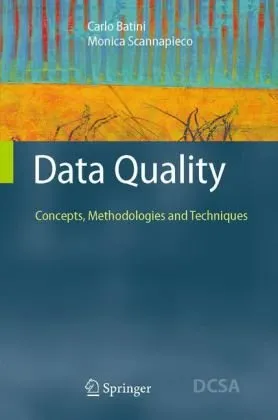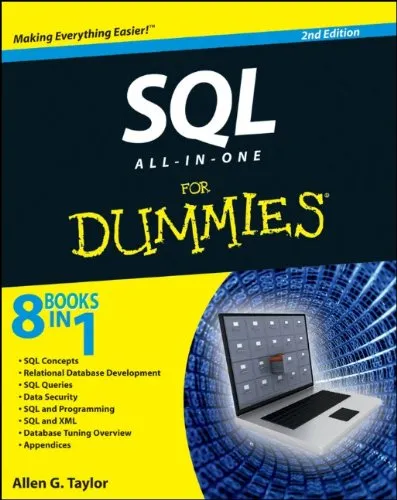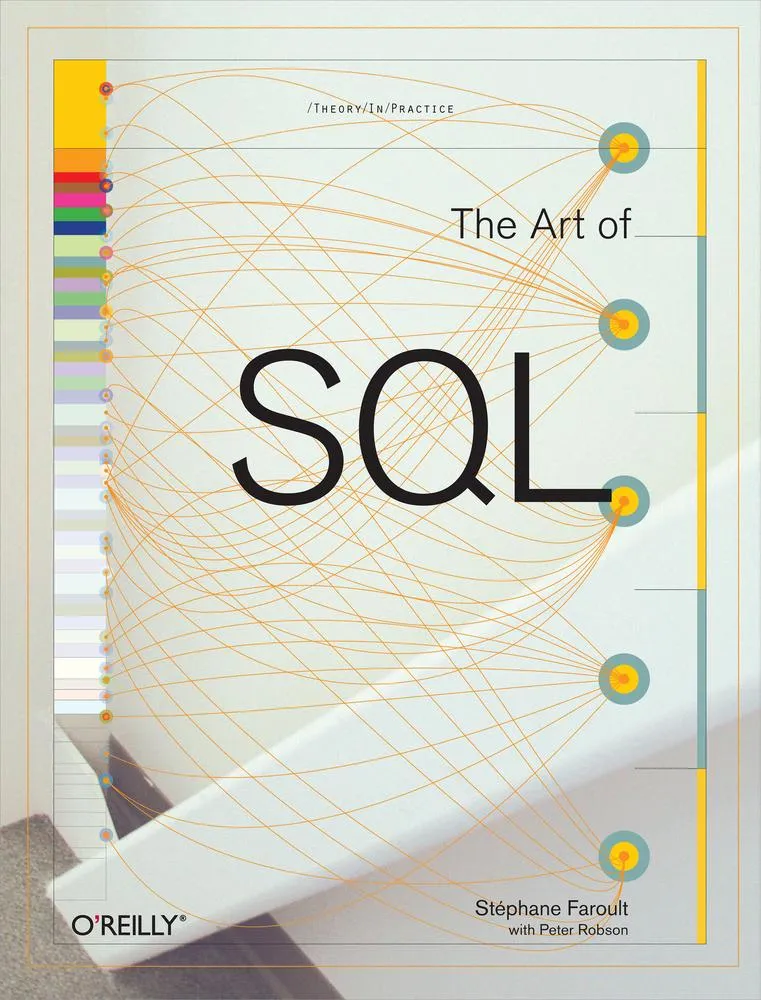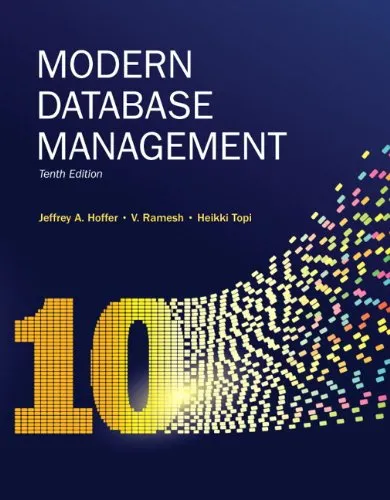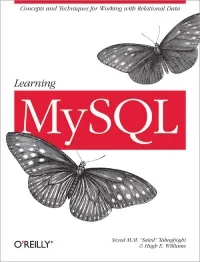Data Quality: Concepts, Methodologies and Techniques
4.5
Reviews from our users

You Can Ask your questions from this book's AI after Login
Each download or ask from book AI costs 2 points. To earn more free points, please visit the Points Guide Page and complete some valuable actions.Related Refrences:
Introduction to "Data Quality: Concepts, Methodologies and Techniques"
In the ever-evolving digital world, data has become an indispensable asset that drives decisions, fuels innovation, and shapes the competitive edge of industries worldwide. However, the reliability, accuracy, and relevance of data—collectively defined as its quality—play a critical role in determining its value. "Data Quality: Concepts, Methodologies and Techniques," authored by Carlo Batini and Monica Scannapieco, delves deeply into this essential subject, offering a foundational and comprehensive exploration of data quality.
With a synthesis of theoretical principles, actionable methodologies, and cutting-edge techniques, the book thoroughly examines the multifaceted challenges and opportunities of managing and improving data quality in real-world scenarios. It addresses the core issues faced by organizations, researchers, and practitioners alike, providing not only a clear framework for understanding data quality but also practical solutions to help mitigate data deficiencies in various domains.
Detailed Summary of the Book
This book is meticulously structured to cater to both newcomers and seasoned professionals in the field of data management. The authors begin by laying a conceptual foundation, defining data quality and exploring its dimensions, such as accuracy, completeness, consistency, timeliness, and usability. They discuss the importance of data quality in both operational and analytical contexts, emphasizing its impact on decision-making and organizational outcomes.
The book introduces methodologies for evaluating and measuring data quality, complete with metrics, benchmarks, and assessment paradigms. It provides readers with a systematic approach to diagnose data issues and quantify their impact. Diverse case studies and examples are used to illustrate real-world applications and challenges faced in data quality management.
A significant portion of the book is dedicated to techniques for data quality improvement, including data cleansing, duplicate detection, and reconciliation. Cutting-edge technologies such as machine learning and AI are also discussed in the context of automating and enhancing data quality processes. Additionally, the authors explore organizational frameworks, governance models, and best practices that are critical to sustaining long-term data quality improvements.
Finally, the book emphasizes the ethical considerations of data quality, acknowledging how quality data is essential to mitigating societal risks such as misinformation and bias in automated systems. By combining theory with actionable insights, the authors ensure that readers are equipped to tackle data quality challenges holistically.
Key Takeaways
- A comprehensive understanding of core data quality dimensions and their significance.
- Practical methodologies for assessing and benchmarking data quality in various contexts.
- Techniques for improving data quality, including data cleansing, integration, and enrichment.
- The role of technology, including AI, in addressing data quality challenges.
- Best practices for implementing data governance and quality frameworks across organizations.
- Insights into the ethical and societal implications of data quality in a data-centric world.
Famous Quotes from the Book
"Quality data is not a luxury—it is a necessity in making informed decisions and shaping strategies."
"The true value of data emerges only when its accuracy, consistency, and relevance can be assured."
"Managing data quality is a continuous effort—one that transforms raw data into actionable intelligence."
Why This Book Matters
In an age dominated by data-driven operations, ensuring the quality of data is no longer optional—it is a critical business imperative. Organizations across industries face growing challenges in dealing with vast quantities of unstructured, incomplete, or inconsistent data. This book serves as an essential guide for addressing these challenges, offering comprehensive insights and tools that are directly applicable to the modern data landscape.
What sets "Data Quality: Concepts, Methodologies and Techniques" apart is its ability to bridge the gap between theoretical knowledge and hands-on practical application. Whether you are a data scientist, IT professional, business leader, or academic researcher, the book equips you with the expertise needed to improve data reliability and usability. Furthermore, the authors’ emphasis on the ethical dimensions of data quality highlights the broader societal relevance of the subject, ensuring that readers are not only skilled practitioners but also responsible stewards of data.
This book is a testament to the pivotal role of high-quality data in fostering innovation, maintaining competitive advantages, and safeguarding informed decision-making in every domain, from healthcare and finance to government and beyond.
Free Direct Download
You Can Download this book after Login
Accessing books through legal platforms and public libraries not only supports the rights of authors and publishers but also contributes to the sustainability of reading culture. Before downloading, please take a moment to consider these options.
Find this book on other platforms:
WorldCat helps you find books in libraries worldwide.
See ratings, reviews, and discussions on Goodreads.
Find and buy rare or used books on AbeBooks.
1278
بازدید4.5
امتیاز0
نظر98%
رضایتReviews:
4.5
Based on 0 users review
Questions & Answers
Ask questions about this book or help others by answering
No questions yet. Be the first to ask!
